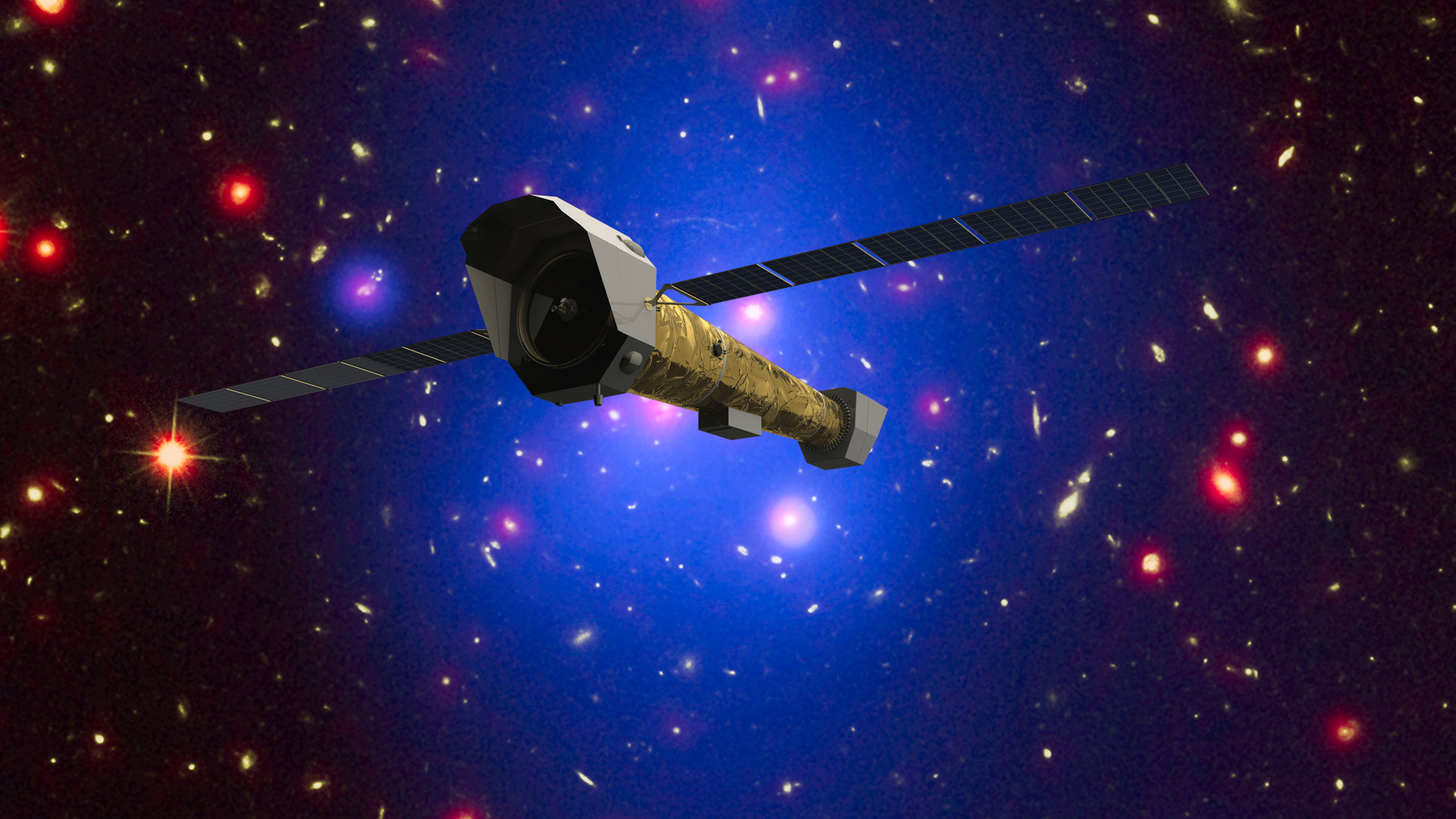Portugal participates in ESA's Athena mission

Portuguese research and technology will be present in the Athena mission, one of the major missions of the European Space Agency (ESA), through the Institute of Astrophysics and Space Sciences (IA) and the Faculty of Sciences of the University of Lisbon (Ciências ULisboa).
The IA has won the ESA contract to develop a precision optical system for the future high-energy space observatory. For two years, the IA will lead a consortium of three companies linked to the aerospace sector, two of which are Portuguese: FHP, which will develop the mechanical component of the system; and Evoleo, which is responsible for the electronic subsystems. The IA is responsible for the design and development of the measurement system, the design of the optical component, and the execution of tests.
This consortium is one of those involved in the Athena (Advanced Telescope for High-Energy Astrophysics) mission, which is part of ESA's long-term Cosmic Vision program. The Athena telescope, scheduled for launch in 2031, will enable us to understand how black holes with the mass of millions of suns determined the formation of the first galaxies and the evolution of galaxies like ours, or help us understand how these galaxies organized themselves into structures spanning hundreds of millions of light-years, which are the "skeleton" of the Universe.
More details about this project can be found on the IA page.
Image credits: IRAP, CNES, ESA & ACO (telescope image); NASA/CXC/Univ of Missouri/M.Brodwin et al; NASA/STScI; JPL/CalTech (background image)